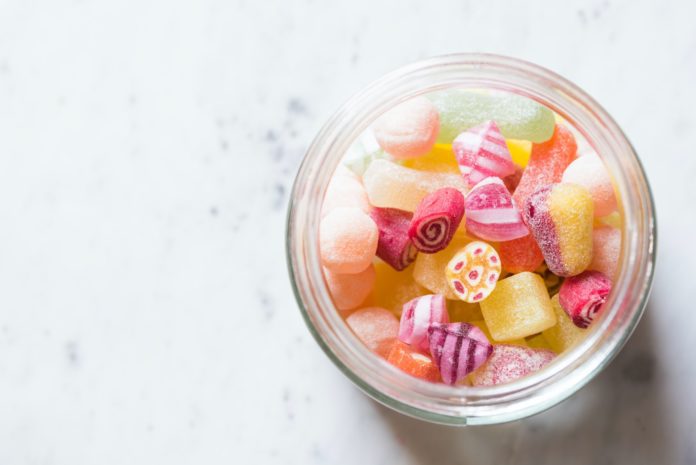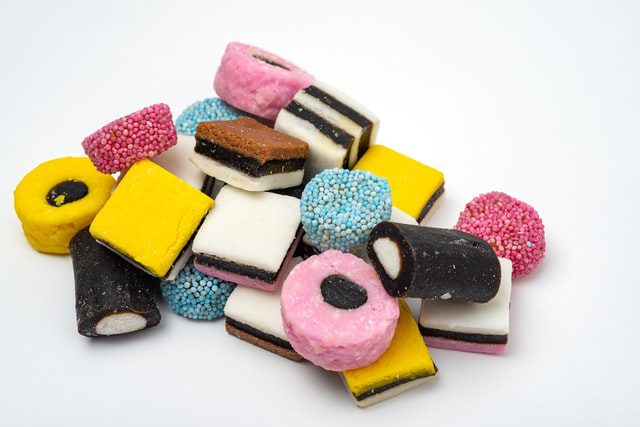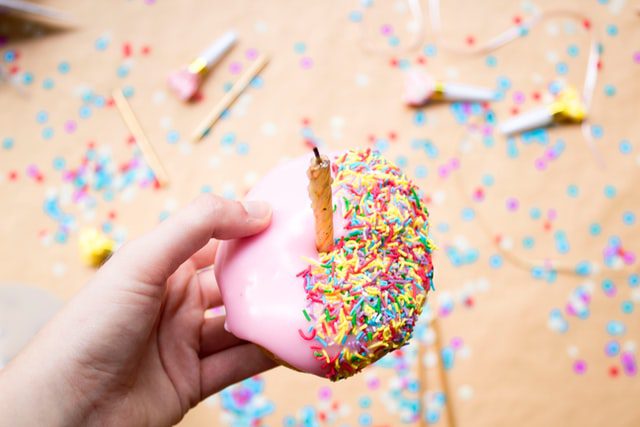Are you making googly eyes to that last piece of brownie in your fridge ever since you’ve finished your dinner? Or is it just a sugary drink after you’ve had a hell of a hectic day? Is it a harmless craving because of your sweet tooth? Or full-on addiction to sugar? In this article, we shall deal with the what’s and whatnots of sugar addiction and how you can overcome it. The signs and symptoms of sugar addiction are easy.
What is sugar addiction?
So what is sugar addiction? It is exactly what it sounds like, nasty craving for sugar in any form. While it is perfectly healthy to crave and indulge in sugary treats in moderation now and then, when you use sugar as a crutch in difficult situations or to get an ‘energy rush,’ consume a high level of sugar compulsively, feel negative emotions because of overdose and then again reach for it repeatedly, it has turned into full-blown sugar addiction. It is physically and emotionally harmful for you, and once it puts its fangs and claws into your life and daily habits, it becomes really difficult to beat down.
Signs and symptoms of sugar addiction
The signs of sugar addiction are just like any other addiction.
- You get sudden vicious cravings of sugary foods or drinks during certain or all times of the day and cannot get over it.
- You get an ‘energy rush’ as soon as you consume sugary stuff and then reach for those as soon as you face the energy crash.
- Your mood and emotions improve immediately after consuming sugar, and they degrade into anxiety, moodiness, irritation, brain fog, tiredness when you do not have access to it.
- The more you eat, the more you crave, and the more you become habituated to eating sugar. The amount which you need increases day by day.
- Whenever you are in a sticky situation or feeling sad, frustrated, anxious angry, morose, or depressed, the first thing you turn towards is sugar.
- You make excuses for why you cannot quit excess sugar consumption or try to hide it from your peers.
- You go out of your way to buy sugar-laden foods and always keep them at your arm’s reach.
- You feel guilty, ashamed, or irritated after consuming so much sugar and try to combat those emotions by consuming more sugar.
The reasons behind sugar addiction
While the maximum recommended amount of sugar intake per day is 6 teaspoons for females and 9 teaspoons for males, most American adults, almost 75%, consume much more sugar than that. The reasons behind sugar addiction are:
- Sugar is naturally addictive.
- Our brain is hardwired to recognize sugar as a reward.
- Whenever we consume sugar, we get an instant release of energy and serotonin, the feel-good hormone.
- Nowadays, the fat-free diet trends make people consume more sugar in different forms through the so-called ‘healthy food.’
9 Ways to overcome sugar addiction
Even though the steps will taste your patience and restraint for a few weeks at least, the result is worth it.
1. Go Cold Turkey.
The first thing you should do is get rid of all the packaged sugar-laden foods and drinks you have stocked on your shelves, kitchen, fridge, and bedroom. Throw out the cookies, sweets, brownies, and cold drinks you keep within arm’s reach. Stop buying any more unhealthy sweet treats and stop making excuses for yourself. When you get a sudden craving in the middle of the night or during the day, get your mood swings or feel an all-time low, brave it out. Stop eating desserts after every meal, and do not look at sugary cocktails or sweetened caffeinated beverages while going out.
2. Use healthy natural sweeteners and add them yourself.
Use sweet fruits like banana, mango, berries, apples to satisfy your sweet tooth and sweeten your foods. Remember that white sugar, brown sugar, honey, maple syrup, agave nectar, coconut sugar all are the sugar in different forms, and thus watch your intake of each of these items. Make your salad dressings, spread, and condiments yourself, bake your cookies, cakes, and desserts if possible and watch how much sugar you add to it.
3. Shop smartly and watch what you buy.
Even if you buy snacks, condiments, biscuits, cakes, bread spreads, check the labels and nutritional contents for hidden sugar or sugar in any form, which may be written as fructose, maltose, dextrose, maltodextrin, etc. Do not buy the so-called ‘healthy,’ ‘fat-free,’ or ‘low-calorie foods’ with high amounts of sugar, be it reduced-fat peanut butter or fat-free ice cream, instead buy the real deal.
4. Stay hydrated.
When the cookie monster comes out with its fangs and claws reaches for a glass of water. Start your day with hydration, swap the unhealthy sugary beverages with water and occasionally unsweetened tea or coffee and drink water before your meals, and try to have at least eight glasses of water per day.
5. Do not starve.
Start your day with a healthy breakfast of whole grains and some source of protein and do not skip meals or starve yourself. Whenever you find yourself getting hunger pangs or in between long hours of eating, snack with some nuts or a bowl of fruit and yogurt. Keep healthy snacks at hand and never go out grocery shopping or socializing while starving.
6. Get your mind off the craving.
If you find yourself continuously staring at the vending machine of the office or drooling for the new ice cream sundae at the confectionery, grab your phone to talk to a friend, take a long walk or do some stretching to take your mind off the temptation. Even better, exercise regularly and boost your endorphin and serotonin, the feel-good hormones without the sugar rush. Get regular sleep of 7 to 8 hours, and you will feel the change in your mood.
7. Eat more protein, healthy fats, and fiber.
Include more protein, healthy fats, and fibers in your diet to increase your satiety. Your meals should have a portion of protein like fish, meat, eggs, dairy, tofu, etc., some healthy fats like olive oil, nuts, seeds, and fiber-rich vegetables. Do not be afraid of high-fat dairy, nuts and seeds, and full-fat spreads and condiments. All of these increase satiety and reduce sugar craving.
8. Indulge a bit.
If you are not a stickler for strict routines and rigid control, then indulging in sweets just a bit might be the key to getting over your addiction. Cut down your sugar intake slowly at first and when you find yourself tempted for some sugary delight and carrots aren’t cutting it down, buy a small single portion good quality dessert instead of a bucket of cheap cookies, or bake a healthy dessert at home. But remember, moderation is the key.
9. Beware of artificial sweeteners.
Do not try to get over sugar addiction with the use of artificial sweeteners like sucralose, saccharine, erythritol in your diet. Our body does not get the energy from those it associates with sugary taste and sends signals to crave more actual sugar to compensate. In the long run, our brain gets confused, and we end up where we started to overcome sugar addiction.
Keep these steps in mind, and you will beat the sugar addiction which has been hounding you and driving you insane.




